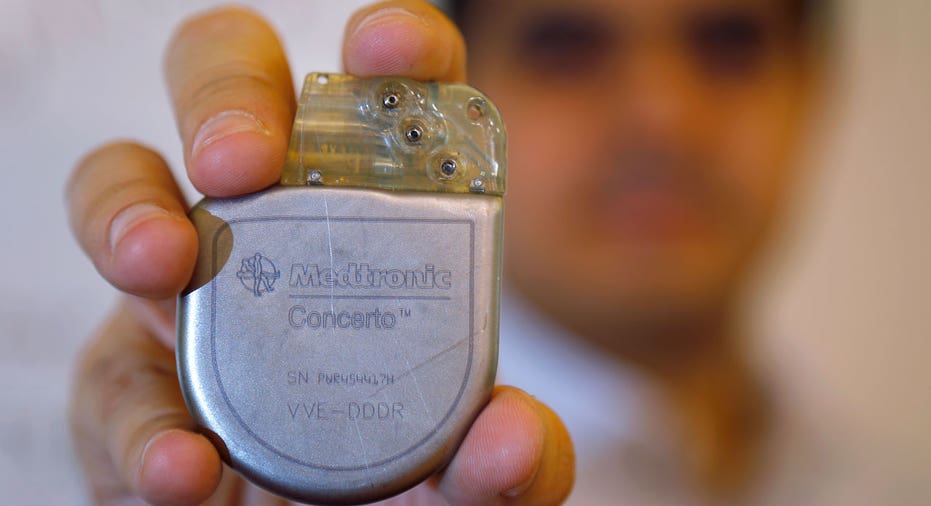U.S. medical device tax back in effect after two-year pause

A 2.3 percent tax on the sale of medical devices went back into effect on Monday after a two-year suspension, despite opposition by U.S. lawmakers and the medical manufacturing industry.
The excise tax on catheters, pacemakers and other healthcare products was among several fees and taxes imposed in January 2013 to help fund the Affordable Care Act, also known as Obamacare. It was projected to raise roughly $30 billion over a decade.
After drawing harsh criticism from both political parties as well as medical industry lobbying groups, the U.S. Congress approved a suspension of the levy in 2015.
The suspension expired on New Year's Day after unsuccessful last-ditch efforts by Republicans.
Republicans would have automatically killed the tax if they had succeeded in repealing Obamacare last year. The levy remained in Republican-crafted tax legislation signed by President Donald Trump on Dec. 22.
Supporters of the tax say it has helped provide health insurance to millions of previously uninsured Americans.
Critics, who have vowed to keep fighting the levy, say it has stifled the medical industry and slashed jobs.
"The tax has had a significant negative impact on medical innovation and has resulted in the loss or deferred creation of jobs," the Advanced Medical Technology Association lobbying group said on its website.
(Reporting by Laila Kearney; Editing by Peter Cooney)



















